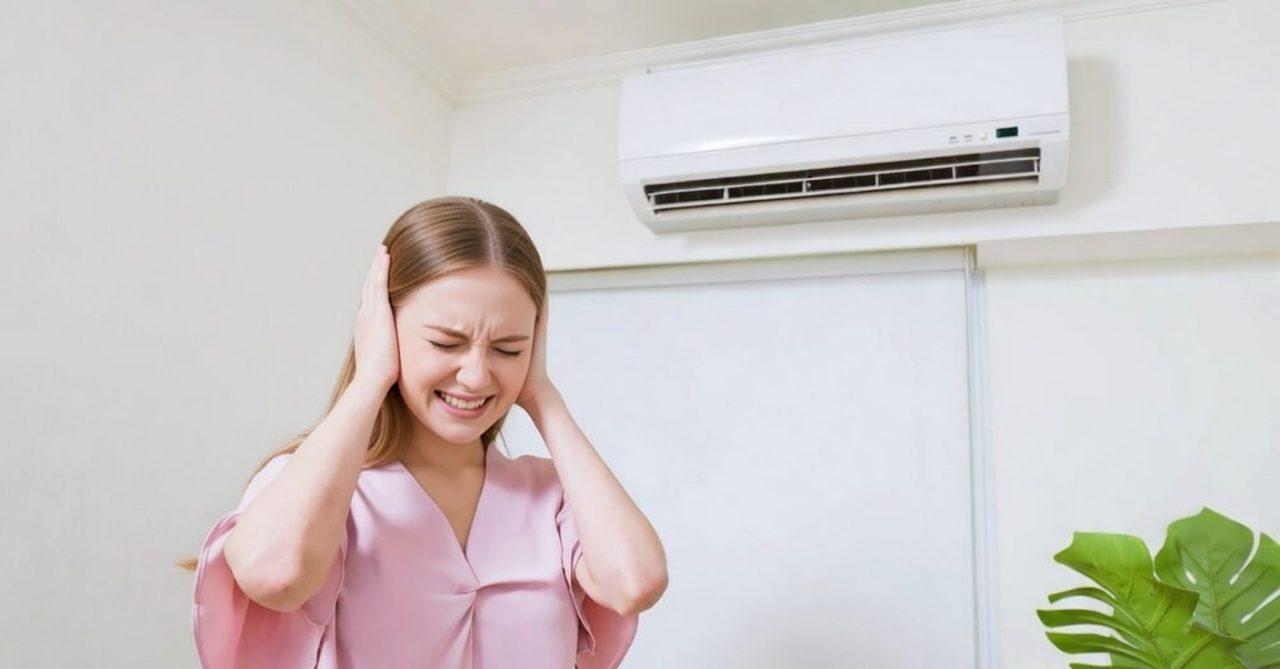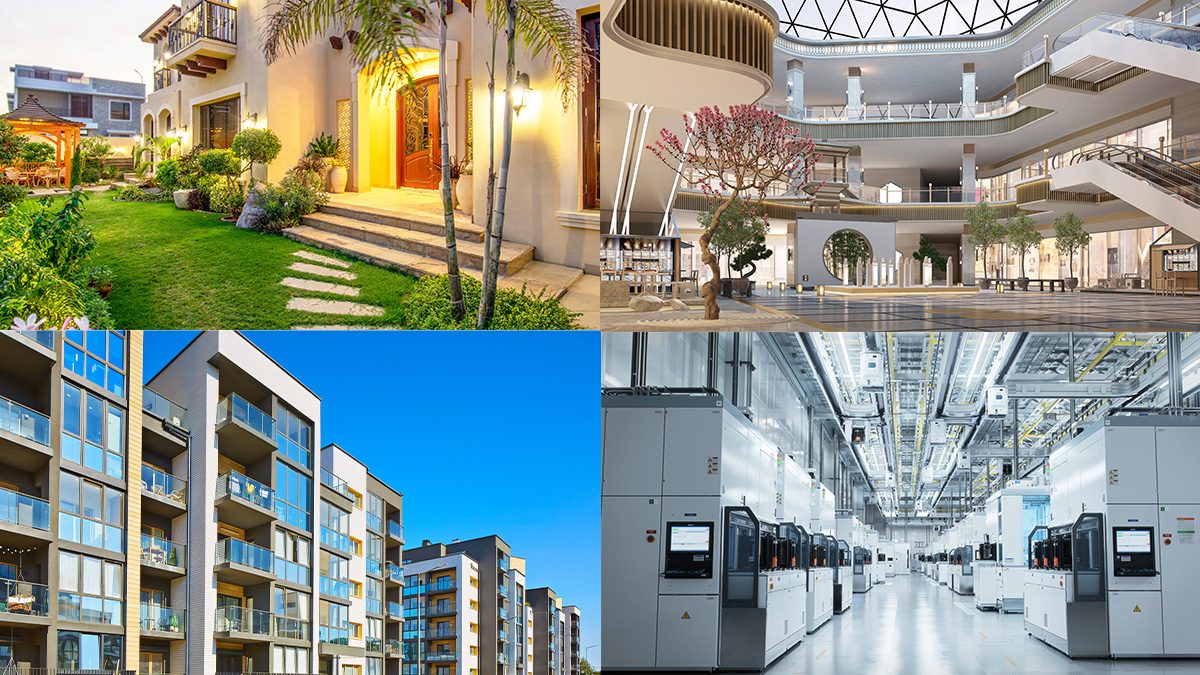
In those warm summer months it’s important to keep cool. But that can’t come at the expense of enormous energy bills. After all, an AC needs to function while also keeping your bills manageable and reducing your environmental impact. But there are a lot of options on the market, so the question is how to find an air conditioning system that offers the best energy performance for your home while also keeping costs down through good energy efficiency.
So in this guide, we will go through what you need to know to make an informed decision on an AC unit. First, we will look at the key factors that influence how much energy an AC unit consumes. Then we will examine which types of air conditioning systems tend to be the most efficient. We will also cover the practical benefits of investing in a high-efficiency unit and how it’s possible to have lower running costs, more consistent comfort, and a reduced carbon footprint. Finally, we will highlight the most important features to look for when choosing an energy-efficient AC unit – from smart connectivity, performance ratings, and the importance of choosing the right size for your space.
Let’s get started.
Factors that influence AC energy consumption
Let's break down the factors that influence AC energy consumption.
Proper unit sizing and installation: Exactly how big the AC is, and where you want to install it, will have a major impact on its energy consumption. An undersized unit will struggle to cool the space and end up running non-stop and consuming far too much electricity. On the other hand, an oversized unit will cool the room too quickly and therefore causing it to cycle on and off more frequently than is needed which itself wastes energy and leads to inconsistent temperatures. Proper sizing must be based on the specific cooling needs of your space, taking into account factors including square footage, ceiling height, insulation, and the number of windows. It’s advisable to work with an HVAC professional like Daikin who can ensure that the unit you install is a good match for your environment and placed in the right location to maximise efficiency.
Energy efficiency rating (EER) and refrigerant type: In simple terms, this is determined by two key factors – the first is the unit’s Energy Efficiency Ratio (EER) and the second is the type of refrigerant it uses. To explain a bit more: EER measures how effectively the system converts electricity into cooling power, so the higher the EER, the more energy-efficient the unit. It’s ideal to choose a high-EER model which will help lower electricity bills and reduce the strain on your power supply during peak usage. Most modern air conditioners use advanced refrigerants (such as R-410A or R-32) which are more efficient and less harmful to the environment. So when put together, a high EER as well as an eco-conscious refrigerant means your system will operate with both economic and environmental efficiency.
Regular maintenance and smart controls: Consistent maintenance is essential to keep your AC system running efficiently. There can be dust and debris build-up on the filters, coils and fans all of which can restrict airflow and make the unit work harder and in turn consume more energy. By simply replacing or cleaning filters when needed, checking for refrigerant leaks, and checking ductwork (ideally with a professional inspection at least once a year) you can minimise risk. Beyond just the physical upkeep, integrating smart technology can optimise energy usage even more. Using programmable thermostats and smart controls allow you to automatically adjust temperatures based on occupancy patterns, time of day, or even weather conditions. These systems ensure that cooling is delivered only when and where it’s needed, and so prevent unnecessary energy waste.
Which type AC unit is most energy-efficient?
It’s tricky to simply pick a single model and identify it as the most energy-efficient HVAC system. It isn’t as straightforward as that since the ideal choice varies depending on the specific characteristics of each home. Having said that, generally ductless mini-split heat pumps are often considered among the most efficient options available. Systems with the highest efficiency ratings also stand out, but it’s important to remember that – as we have seen – efficiency is highly context-dependent and there are multiple factors at play.
So several elements influence how well an HVAC system performs in a given space. This includes the size and layout of the home, the quality of its insulation, the local climate, as well as daily weather changes. All of these factors should be carefully evaluated when deciding the best HVAC solution for your needs.
Benefits of choosing an energy-efficient AC unit
Let's now break down the benefits of choosing an energy-efficient AC unit.
Lower energy consumption: A high-efficiency air conditioner is engineered to deliver the best possible performance using far less electricity than conventional models. This translates into lower utility bills and over time these savings can offset the initial cost of the unit. The reduction in energy use isn’t just slight – in fact, for many households it can mean a significant drop in overall consumption.
Enhanced comfort and consistent cooling: One of the most noticeable advantages of a high-efficiency system is the quality of comfort it provides. These units are designed for even air distribution, which means you’re not dealing with problems like uneven temperatures between rooms or constant cycling that leads to discomfort. Advanced features such as variable-speed compressors and smart thermostats allow for precise temperature control and better humidity regulation.
Smaller environmental footprint: Switching to a high-efficiency AC system is good for your home and a responsible environmental choice. These systems use less electricity which reduces the demand on power grids and lowers the carbon emissions. Many models also operate with eco-friendly refrigerants that have less impact on the ozone layer. So whether you’re aiming to reduce your household’s environmental impact or meet green building standards, a high-efficiency air conditioner helps you align your comfort with your commitment to sustainability.
Features to look for in an energy-efficient AC
Now let's examine the features to look for in an energy-efficient AC.
Correct sizing for your space: Getting the right size air conditioner is essential for both performance and efficiency. A unit that is undersized will struggle to maintain the right temperature, running constantly and using excess energy. On the other hand, a unit that’s too large may cool the space quickly but fail to remove humidity properly. Getting the right size is critical to ensure correct cooling levels, lower energy bills and long-term comfort.
High efficiency ratings (EER and SEER): When comparing air conditioners, pay close attention to their EER (Energy Efficiency Ratio) and SEER (Seasonal Energy Efficiency Ratio) ratings. These will help indicate how effectively a unit can cool your space relative to its energy consumption. The higher the rating, the more efficient the system.
Smart and programmable features: Air conditioners with programmable settings or smart connectivity offer precise control over your home’s cooling. Basic units may include digital timers and temperature presets, while more advanced systems can connect to Wi-Fi and be managed via smartphone apps or home assistants. These features help you schedule cooling based on your routine and turn off the system remotely when not needed.
About Daikin
When it comes to air conditioning, Daikin is a world leader. We can help you find the most energy-efficient AC unit for your home or place of work. We offer a wide range of HVAC solutions tailored to meet diverse building requirements – including residential, commercial, and industrial. Daikin has a full lineup of split systems, packaged units, ductless mini-split systems, VRF (VRV) systems, and more – each one designed to deliver exceptional performance, energy efficiency, and comfort. With innovative, pioneering technology and exceptional service, Daikin has sold millions of systems in 170 countries. If you would like to find out more about Daikin’s products, contact us today.



